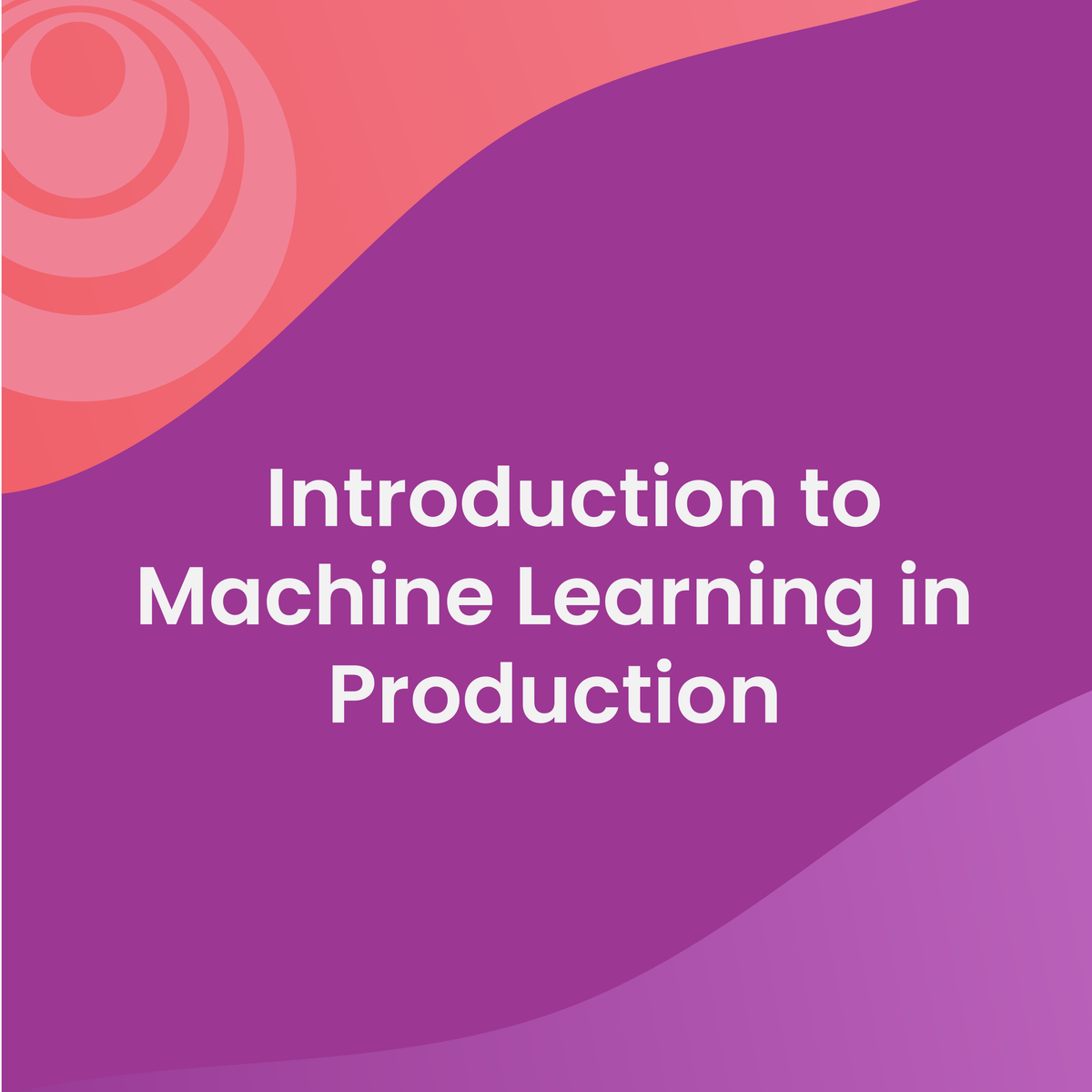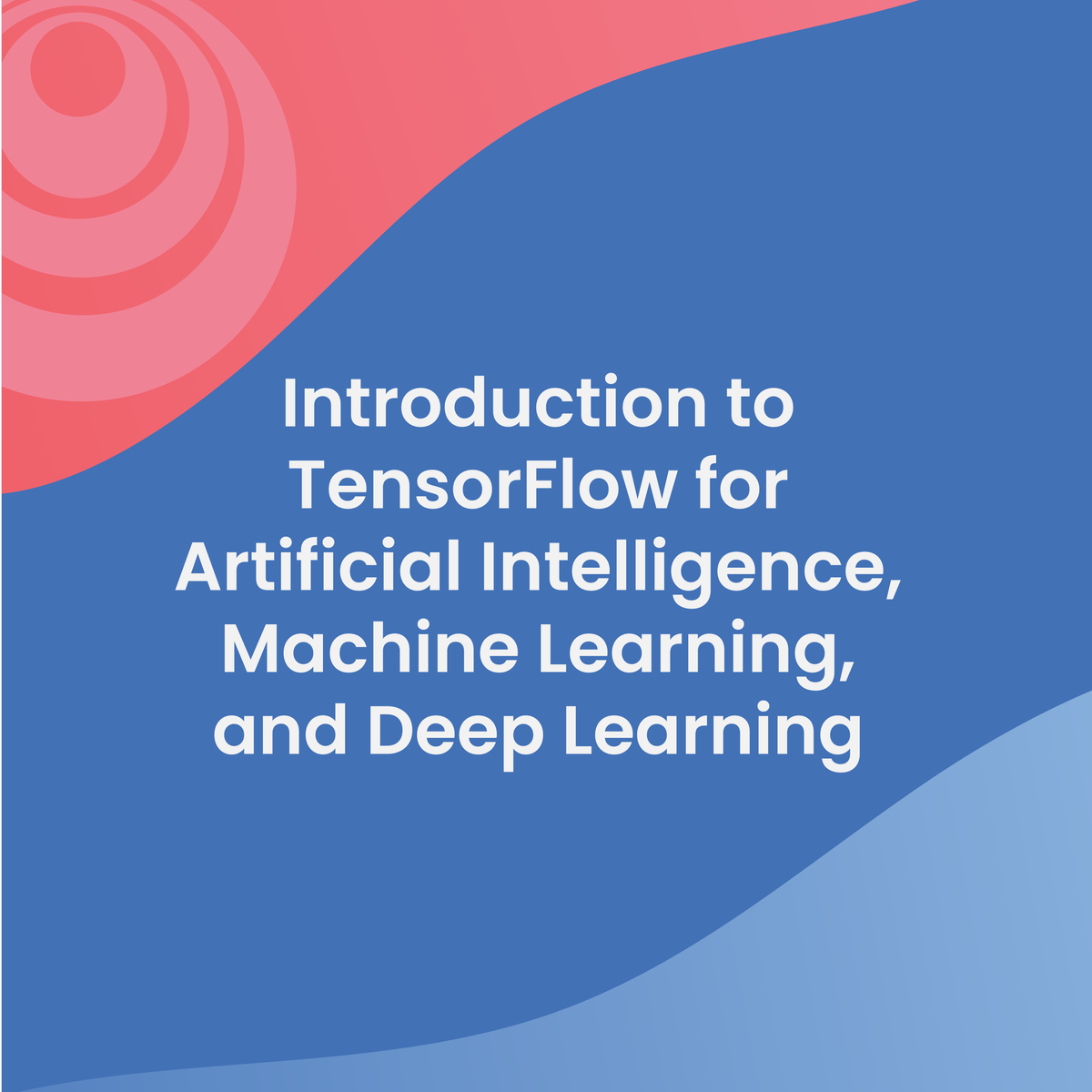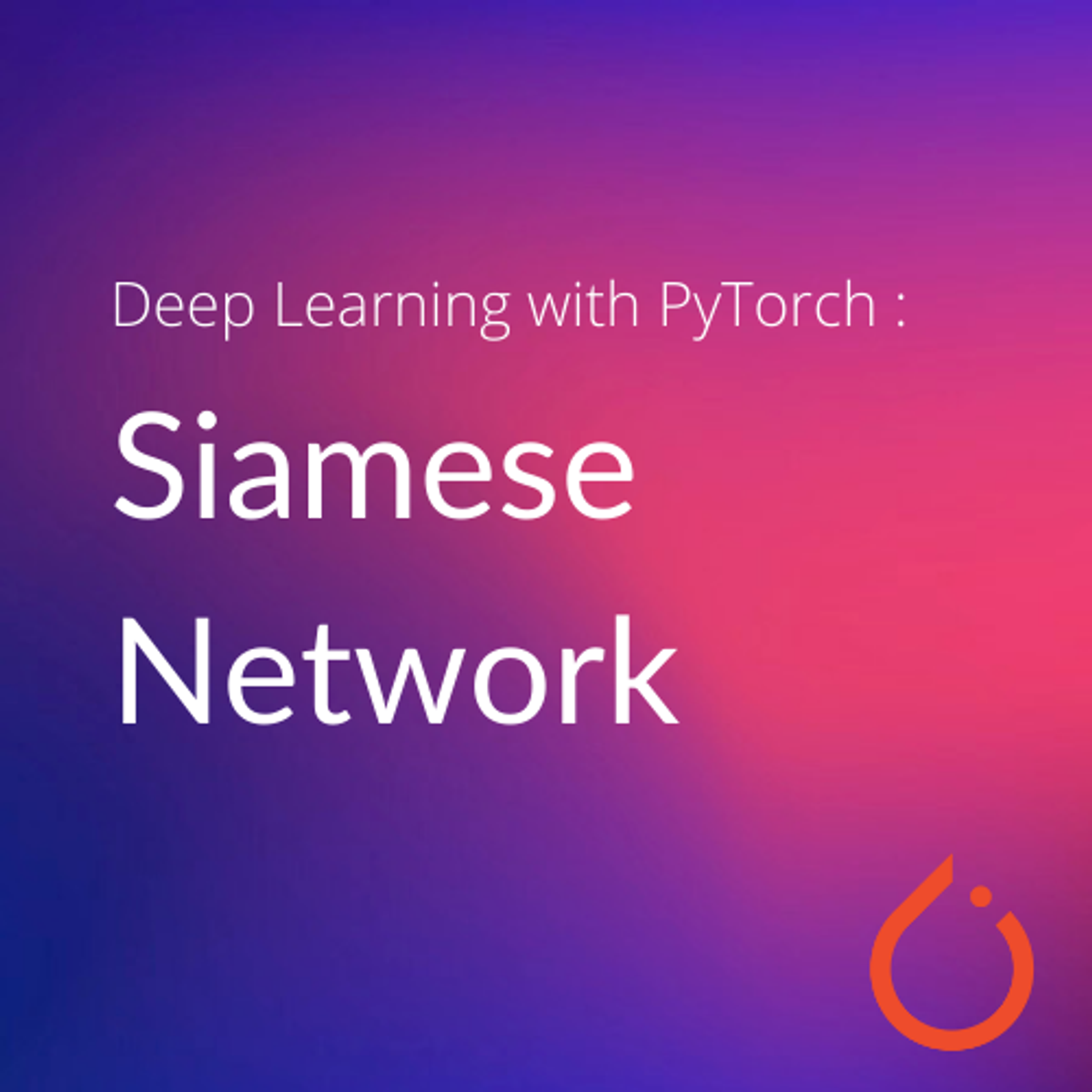Machine Learning Specialist
Machine Learning Specialist: A Comprehensive Career Guide
A Machine Learning Specialist is a professional focused on designing, developing, and deploying systems that can learn from and make decisions based on data. They work at the intersection of computer science, statistics, and domain expertise, creating algorithms that enable computers to perform tasks without explicit programming, such as identifying patterns, making predictions, or automating complex processes.
Working as a Machine Learning Specialist can be deeply engaging. You might find excitement in tackling complex problems with data, building models that uncover hidden insights, or seeing your creations deployed to solve real-world challenges in fields ranging from healthcare to entertainment. The field is constantly evolving, offering continuous learning opportunities and the chance to work with cutting-edge technologies.
Understanding the Role
What Does a Machine Learning Specialist Do?
At its core, the role involves creating systems that learn from data. This field, often closely associated with Artificial Intelligence (AI), empowers computers to identify patterns, make predictions, and improve their performance over time without being explicitly programmed for every possible scenario. Think of recommendation systems suggesting movies, spam filters identifying unwanted emails, or diagnostic tools assisting doctors – these are often powered by machine learning.
Machine Learning Specialists leverage mathematical models and statistical techniques to analyze data and build predictive capabilities. They are problem-solvers who translate business or scientific challenges into machine learning tasks, select appropriate algorithms, and refine models to achieve desired outcomes. It's a dynamic field requiring both strong technical skills and creative thinking.
The scope is broad, covering various techniques like supervised learning (learning from labeled examples), unsupervised learning (finding patterns in unlabeled data), and reinforcement learning (learning through trial and error). Specialists often focus on specific areas like natural language processing, computer vision, or time series analysis, depending on the industry and project requirements.
Key Differences from Related Roles
The tech landscape includes several roles that interact with data and algorithms, sometimes causing confusion. A Machine Learning Specialist focuses specifically on the design, implementation, and optimization of ML models. While they need data skills, their primary goal is model performance and deployment.
A
often has a broader role, encompassing data collection, cleaning, exploratory analysis, visualization, and communication of insights, in addition to potentially building ML models. Their focus might be more on extracting knowledge and informing business strategy through data analysis.A
typically focuses on building and maintaining software applications and systems. While some software engineers specialize in ML infrastructure ( ), the general role is less centered on algorithm design and statistical modeling compared to an ML Specialist.Understanding these distinctions helps clarify the unique expertise a Machine Learning Specialist brings, concentrating deeply on the algorithms and models that drive intelligent systems.
A Brief History and Evolution
The roots of machine learning trace back decades, evolving from statistical modeling and pattern recognition. Early concepts emerged in the mid-20th century, with pioneers like Arthur Samuel developing programs that could learn, such as his checkers-playing program in the 1950s. The field saw periods of both intense interest and waning funding ("AI winters").
The modern era of machine learning has been fueled by several key factors: the availability of massive datasets (Big Data), significant increases in computing power (especially GPUs), and advancements in algorithms, particularly deep learning. These developments have transformed ML from a niche academic pursuit into a mainstream technology driving innovation across industries.
Today, machine learning is integral to countless applications, and the role of the specialist continues to evolve. The focus is shifting towards not just building models, but also ensuring their reliability, fairness, interpretability, and efficient deployment through practices known as
.Core Responsibilities of a Machine Learning Specialist
Designing and Implementing ML Models
A central task for an ML Specialist is selecting, designing, and implementing machine learning models appropriate for a given problem. This involves understanding the project's goals, the nature of the available data, and the constraints of the deployment environment. Specialists must choose from a wide array of algorithms, ranging from linear models and decision trees to complex neural networks.
Implementation often involves writing code, primarily in languages like Python, using established libraries and frameworks. The specialist translates theoretical concepts into working systems, tuning parameters and structures to optimize performance based on specific metrics like accuracy, precision, or recall.
This process is iterative. It involves experimentation, testing different approaches, and refining the model architecture based on initial results. Strong programming skills combined with a deep understanding of ML principles are essential for success in this area.
These introductory courses cover the fundamental concepts and practical aspects of machine learning model design.
Data Preprocessing and Feature Engineering
Machine learning models are highly dependent on the quality and format of the input data. A significant portion of an ML Specialist's time is often dedicated to data preprocessing – cleaning, transforming, and structuring raw data into a suitable format for modeling. This can involve handling missing values, normalizing data scales, and encoding categorical variables.
Feature engineering is another critical responsibility. This is the art and science of creating new input variables (features) from the raw data that can improve model performance. It requires domain knowledge and creativity to identify potentially predictive signals and represent them in a way the model can effectively utilize. For example, combining timestamps to create a "time of day" feature or calculating ratios between existing numerical features.
Effective data preprocessing and feature engineering can dramatically impact the success of an ML project, often more so than the choice of algorithm itself. It requires careful analysis, attention to detail, and a good understanding of the data's context.
Model Evaluation and Deployment Workflows
Once a model is trained, the ML Specialist must rigorously evaluate its performance. This involves using appropriate metrics and validation strategies (like cross-validation) to assess how well the model generalizes to new, unseen data. It's crucial to understand the model's strengths, weaknesses, and potential biases before considering deployment.
Deployment involves integrating the trained model into a production environment where it can make predictions on live data. This often requires collaboration with software and operations teams and utilizing MLOps tools and practices. Specialists need to consider factors like scalability, latency, monitoring, and maintenance.
Monitoring deployed models is ongoing. Specialists track performance over time, watching for degradation (model drift) as data patterns change. They may need to retrain or update models periodically to maintain their effectiveness, creating a continuous lifecycle for the machine learning system.
These resources delve into the workflows and tools used for evaluating and deploying models effectively.
Collaboration with Cross-Functional Teams
Machine Learning Specialists rarely work in isolation. They frequently collaborate with various teams, including product managers, software engineers, data engineers, domain experts, and business stakeholders. Effective communication and teamwork are vital for success.
Working with product managers helps define the problem, understand user needs, and align the ML solution with business goals. Collaboration with data engineers ensures access to reliable and well-structured data pipelines. Partnering with software engineers is crucial for integrating models into larger applications and systems.
Explaining complex technical concepts to non-technical audiences is often necessary. Specialists must articulate the capabilities and limitations of their models and translate evaluation results into actionable insights for stakeholders. This collaborative aspect makes strong communication skills as important as technical prowess.
Essential Technical Skills for Machine Learning Specialists
Programming Languages (Python, R)
Proficiency in programming is fundamental for an ML Specialist. Python has become the dominant language in the field due to its extensive libraries (like NumPy, Pandas, Scikit-learn), strong community support, and readability. It's used for everything from data manipulation and model building to deployment.
R is another popular language, particularly strong in statistical analysis and visualization. While less common for large-scale deployment than Python, it remains a valuable tool for research, exploration, and certain specialized tasks. Familiarity with at least one, and ideally both, is highly beneficial.
Beyond language syntax, understanding software development best practices like version control (e.g., Git), code documentation, and testing is also important for building robust and maintainable ML systems.
These courses provide comprehensive introductions to using Python for machine learning tasks.
Frameworks (TensorFlow, PyTorch)
Modern machine learning, especially deep learning, relies heavily on specialized frameworks. TensorFlow (developed by Google) and PyTorch (developed by Meta/Facebook) are the two leading open-source libraries.
These frameworks provide tools for building, training, and deploying complex neural networks efficiently. They offer automatic differentiation (essential for training), GPU acceleration, and extensive pre-built components. ML Specialists typically need deep expertise in at least one of these frameworks.
Other important libraries include Scikit-learn for traditional ML algorithms, Pandas for data manipulation, and NumPy for numerical operations. Familiarity with the broader ecosystem is key to productivity.
These resources offer guidance on using popular machine learning frameworks.
Mathematics (Linear Algebra, Calculus, Statistics)
A solid mathematical foundation is crucial for understanding *how* machine learning algorithms work, not just how to use them. Key areas include linear algebra, calculus, probability, and statistics.
Linear algebra provides the language for representing data (vectors, matrices) and performing operations common in ML algorithms. Calculus (particularly multivariate calculus and differentiation) is essential for understanding optimization techniques like gradient descent, which are used to train models. Probability and statistics are fundamental for understanding data distributions, model evaluation, uncertainty, and statistical inference.
While libraries abstract away many calculations, a conceptual grasp of the underlying math enables specialists to choose appropriate models, troubleshoot issues, interpret results correctly, and even develop novel algorithms.
These courses and books focus on the mathematical underpinnings essential for machine learning.
Cloud Platforms and MLOps Tools
Modern machine learning often involves large datasets and computationally intensive training, making cloud platforms indispensable. Specialists need familiarity with major providers like Amazon Web Services (AWS), Google Cloud Platform (GCP), or Microsoft Azure.
These platforms offer managed services specifically for machine learning, such as data storage (S3, Google Cloud Storage), compute instances (EC2, Compute Engine), managed ML platforms (SageMaker, Vertex AI, Azure Machine Learning), and deployment tools. Understanding how to leverage these services is critical for building scalable solutions.
Furthermore, the field of
focuses on streamlining the ML lifecycle. Familiarity with MLOps tools for experiment tracking (e.g., MLflow, Weights & Biases), version control (DVC, Git LFS), model serving (e.g., TensorFlow Serving, TorchServe, BentoML), and monitoring is increasingly important for production environments.Gaining expertise in cloud platforms and MLOps is crucial for deploying and managing models effectively. These courses focus on specific platforms and tools.
Formal Education Pathways
Relevant Undergraduate Majors
A strong foundation for a Machine Learning Specialist career often begins with an undergraduate degree in a quantitative field. Computer Science is perhaps the most common pathway, providing essential programming, data structures, and algorithms knowledge.
Degrees in Mathematics or Statistics are also excellent preparation, offering deep understanding of the theoretical underpinnings of ML algorithms. Other relevant fields include Physics, Engineering (especially Electrical or Computer Engineering), or specialized Data Science programs that combine elements of CS, stats, and domain application.
Regardless of the specific major, curricula should ideally include rigorous coursework in programming, calculus, linear algebra, probability, statistics, and potentially introductory machine learning or artificial intelligence courses.
Graduate Programs and Research Opportunities
While not always mandatory, a Master's or PhD degree is common, particularly for research-focused roles or positions requiring cutting-edge expertise. Graduate programs in Computer Science, Statistics, Data Science, or specialized Machine Learning/AI programs offer advanced coursework and research opportunities.
These programs allow students to delve deeper into specific ML subfields, work closely with faculty on research projects, and contribute to the advancement of the field. A Master's degree often provides specialized skills sought by industry, while a PhD prepares individuals for research scientist roles or academic positions.
Engaging in research, publishing papers in reputable conferences (like NeurIPS, ICML, CVPR), and contributing to open-source projects during graduate studies can significantly enhance career prospects.
Thesis/Dissertation Topics in ML
Graduate research culminates in a thesis (Master's) or dissertation (PhD). Choosing a relevant and impactful topic is crucial. Research areas in machine learning are vast and constantly expanding.
Potential topics might include developing novel algorithms for specific tasks (e.g., more efficient deep learning models), exploring theoretical aspects of ML (e.g., understanding generalization), applying ML to new domains (e.g., climate science, drug discovery), or focusing on critical areas like
(XAI), fairness, privacy, or robustness.Working on a topic that aligns with both personal interest and industry or academic trends can lead to significant contributions and open doors to specialized career paths post-graduation.
University-Industry Collaboration Projects
Many universities foster collaborations with industry partners, offering students valuable real-world experience. These can take the form of internships, co-op programs, sponsored research projects, or capstone projects based on industry challenges.
Participating in such collaborations provides exposure to practical problems, industry tools and workflows, and networking opportunities. It helps bridge the gap between academic theory and industry application, making graduates more attractive to employers.
Seeking out universities with strong industry ties or actively pursuing internship opportunities during studies can provide a significant advantage when entering the job market as a Machine Learning Specialist.
Alternative Learning Pathways for Machine Learning Specialists
While formal education provides a strong foundation, it's not the only route to becoming a Machine Learning Specialist. The demand for practical skills means alternative pathways, often leveraging online resources, are increasingly viable, especially for career changers or those supplementing traditional education.
Embarking on a career change or pursuing a complex field like machine learning independently requires dedication and resilience. It's a challenging path, but achievable with structured learning and consistent effort. Remember that many successful specialists have come from diverse backgrounds; your unique perspective can be an asset. Stay persistent, celebrate small victories, and leverage the vast online learning community for support.
Project-Based Learning Strategies
Theoretical knowledge is essential, but practical application solidifies understanding and demonstrates capability to employers. Project-based learning is highly effective. Start with small, guided projects, perhaps replicating tutorials or simple models. Gradually tackle more complex problems.
Platforms like Kaggle host machine learning competitions with real-world datasets, providing excellent practice and portfolio material. Personal projects addressing problems you find interesting are also valuable. Document your process, code, and results clearly, perhaps on platforms like GitHub or a personal blog.
Building a portfolio of tangible projects showcases your ability to apply ML techniques to solve problems, often weighing heavily in hiring decisions, sometimes more than formal credentials alone. OpenCourser's Data Science and Artificial Intelligence sections list numerous courses, many featuring hands-on projects.
These courses emphasize hands-on projects, allowing you to build practical skills and portfolio pieces.
Open-Source Contributions
Contributing to open-source machine learning libraries (like Scikit-learn, TensorFlow, PyTorch, or smaller specialized libraries) is another excellent way to learn and demonstrate skills. It involves reading high-quality code, understanding complex systems, collaborating with experienced developers, and adhering to software engineering best practices.
Even small contributions, like fixing bugs, improving documentation, or adding tests, are valuable. It shows initiative, technical competence, and collaborative spirit. Participating in the open-source community also provides networking opportunities and exposure to cutting-edge developments.
Start by identifying projects you use or find interesting, explore their contribution guidelines, and look for beginner-friendly issues often tagged as "good first issue".
Certifications and Their Role in Hiring
Various organizations and cloud providers offer certifications related to machine learning (e.g., AWS Certified Machine Learning - Specialty, Google Cloud Professional Machine Learning Engineer, Microsoft Certified: Azure AI Engineer Associate). Can these certifications help your career?
Certifications can be useful, particularly for demonstrating proficiency with specific platforms (like AWS, GCP, Azure) which is valuable in many roles. They can help structure your learning and provide a tangible credential, especially if you lack a traditional degree in the field. Some employers may value platform-specific certifications.
However, certifications are generally seen as supplementary to, not a replacement for, demonstrable skills and experience. A strong project portfolio and the ability to perform well in technical interviews typically carry more weight. Use certifications as a learning tool and a way to validate platform skills, but focus primarily on building practical expertise.
These resources focus on preparing for specific, well-regarded industry certifications.
Transitioning from Adjacent Fields
Many successful Machine Learning Specialists transition from related technical fields like Software Engineering, Data Analysis, Statistics, or even quantitative sciences like Physics or Mathematics. These fields often provide transferable skills, such as programming ability, analytical thinking, or mathematical aptitude.
If you're considering such a transition, identify the skill gaps between your current role and an ML Specialist position. Focus your learning on core ML concepts, algorithms, relevant frameworks (Python, TensorFlow/PyTorch), and potentially cloud platforms. Leverage your existing strengths – a software engineer might excel at deployment, while a statistician might grasp model evaluation intricacies quickly.
Networking with people in the ML field, seeking mentorship, and tailoring your resume to highlight relevant projects and skills are crucial steps. Online courses and project work are invaluable for building the necessary ML-specific knowledge and demonstrating your capabilities. Remember, the journey requires effort, but your existing expertise is a strong starting point.
For those exploring transitions, understanding the fundamentals is key. These books offer comprehensive overviews.
Career Progression and Industry Landscape
Entry-Level vs. Senior Roles
Career progression for Machine Learning Specialists typically involves moving from entry-level or junior roles to more senior and potentially leadership positions. Entry-level roles often focus on implementing existing models, data preprocessing, running experiments, and supporting senior specialists.
As specialists gain experience, they take on more responsibility, designing models independently, leading projects, mentoring junior team members, and contributing to strategic decisions about ML adoption. Senior roles might involve architecting complex ML systems, pioneering new techniques, or managing ML teams.
Specialization often increases with seniority. Some might focus on a specific ML domain (NLP, CV), while others might specialize in MLOps, research, or ML strategy. The path can branch into management (
), research ( ), or highly specialized technical roles ( ).Industry Verticals with High Demand
Machine Learning Specialists are in demand across a wide range of industries. Technology companies (developing search engines, social media, cloud services) are major employers. Finance utilizes ML for fraud detection, algorithmic trading, and credit scoring. Healthcare employs ML for diagnostics, drug discovery, and personalized medicine.
E-commerce and retail rely heavily on ML for recommendation systems, demand forecasting, and customer segmentation. The automotive industry uses ML for autonomous driving systems. Entertainment, logistics, manufacturing, and cybersecurity also represent significant areas of application and demand.
The versatility of machine learning means specialists can often find opportunities aligned with their domain interests. Researching specific industries can reveal unique challenges and applications for ML.
These courses explore ML applications within specific industry contexts.
Salary Benchmarks Globally
Salaries for Machine Learning Specialists are generally competitive, reflecting the high demand and specialized skills required. However, compensation varies significantly based on location, experience level, education, industry, and company size.
In major tech hubs like Silicon Valley, Seattle, or New York, salaries tend to be higher than in other regions. Senior roles and those requiring PhDs typically command higher salaries than entry-level positions. According to data from sources like Robert Half's salary reports, experienced ML specialists can expect substantial compensation packages, often including base salary, bonuses, and stock options, particularly in large tech firms.
It's advisable to research salary benchmarks specific to your target location and experience level using reputable sources and job market data platforms. Remember that factors like benefits and company culture also contribute to overall compensation satisfaction.
Startup vs. Corporate Career Paths
Choosing between working at a startup or a large corporation presents different opportunities and challenges for ML Specialists. Startups often offer a fast-paced environment, broader responsibilities, and the potential for significant impact on the company's direction. You might work on diverse problems and have more autonomy, but face resource constraints and potentially less stability.
Large corporations typically provide more structure, established processes, access to vast datasets and resources, and clearer career progression paths. The scope of work might be more specialized, and projects may move slower due to bureaucracy. However, they often offer greater job security, better benefits, and opportunities to work on large-scale, high-impact systems.
The best fit depends on individual preferences regarding work environment, risk tolerance, and career goals. Some specialists thrive in the dynamic startup culture, while others prefer the resources and stability of established companies.
Ethical Challenges in Machine Learning
As machine learning systems become more pervasive and influential, understanding and addressing the ethical implications is paramount for specialists. Building responsible AI requires careful consideration beyond just model accuracy.
Bias Mitigation Techniques
Machine learning models learn from data, and if that data reflects historical biases present in society, the models can perpetuate or even amplify those biases. This can lead to unfair or discriminatory outcomes in areas like hiring, loan applications, or criminal justice.
ML Specialists must be aware of potential sources of bias in data collection, feature engineering, and model algorithms. Techniques for bias mitigation include careful data auditing, using fairness-aware algorithms, re-sampling data, post-processing model outputs, and implementing fairness metrics during evaluation. Addressing bias is an ongoing challenge requiring vigilance and ethical consideration throughout the ML lifecycle.
Privacy-Preserving ML
Machine learning often requires training on large datasets, which may contain sensitive personal information. Protecting user privacy is a critical ethical and legal obligation. ML Specialists need to be familiar with techniques that allow model training without compromising individual privacy.
Methods like differential privacy add statistical noise to data or model outputs to prevent the identification of individuals. Federated learning trains models directly on user devices without centralizing raw data. Secure multi-party computation and homomorphic encryption allow computations on encrypted data. Implementing these techniques adds complexity but is essential when dealing with sensitive information.
Regulatory Frameworks (GDPR, AI Act)
Governments and regulatory bodies worldwide are increasingly developing frameworks to govern the use of AI and machine learning. Regulations like the European Union's General Data Protection Regulation (GDPR) impose strict rules on data handling and user consent, directly impacting ML practices.
Emerging regulations, such as the EU's AI Act, aim to categorize AI systems by risk level and impose specific requirements for high-risk applications concerning transparency, data quality, human oversight, and robustness. ML Specialists need to stay informed about relevant legal and regulatory landscapes in their operating regions.
Designing and deploying ML systems in compliance with these regulations is crucial to avoid legal penalties and build public trust. This often requires collaboration with legal and compliance teams.
Environmental Impact of Model Training
Training large-scale machine learning models, particularly deep learning models, can be extremely computationally intensive, requiring significant energy consumption and contributing to carbon emissions. This environmental footprint is becoming an increasing concern.
ML Specialists and researchers are exploring ways to mitigate this impact. This includes developing more energy-efficient algorithms and hardware, optimizing model architectures (model pruning, quantization), utilizing cloud providers with renewable energy sources, and being mindful of the necessity and scale of model training.
Considering the environmental cost alongside performance metrics is part of building sustainable and responsible AI systems. Awareness and adoption of greener ML practices are growing within the community.
Machine Learning Specialist in Global Markets
Regional Demand Variations
The demand for Machine Learning Specialists is global, but concentration and specific needs vary by region. Major technology hubs in North America (Silicon Valley, Seattle, Toronto), Europe (London, Berlin, Paris, Zurich), and Asia (Singapore, Bangalore, Beijing, Shanghai) typically show high demand due to the concentration of tech companies and research institutions.
Developing tech ecosystems in regions like Latin America, Eastern Europe, and Southeast Asia also offer growing opportunities. The specific industry focus might differ regionally; for example, finance-heavy centers like New York or London may have more fintech-related ML roles, while automotive hubs might focus on autonomous driving.
Understanding regional economic strengths and tech sector maturity can help target job searches or identify areas with emerging potential for ML careers.
Immigration Policies for Tech Talent
For those considering international opportunities, navigating immigration policies is a key factor. Many countries recognize the need for specialized tech talent and have implemented specific visa programs or streamlined processes for skilled workers in fields like machine learning.
Examples include the H-1B visa in the United States, the Global Talent visa in the UK, or the Blue Card scheme in the European Union. Requirements, processing times, and quotas vary significantly by country. Researching the specific immigration pathways relevant to target countries is essential for international candidates.
Companies, especially larger multinational corporations, often have experience and resources to assist with visa sponsorship for qualified international hires.
Remote Work Opportunities
The rise of remote work has significantly impacted the tech industry, including roles for Machine Learning Specialists. Many companies now offer fully remote or hybrid work arrangements, expanding the talent pool beyond geographic boundaries.
Remote work provides flexibility but also requires strong self-discipline, effective communication skills, and the ability to collaborate virtually across time zones. While many tasks like coding and model training can be done remotely, some roles, particularly those involving physical hardware or highly sensitive data, may still require an on-site presence.
The availability of remote ML positions varies by company and specific role requirements. Job seekers interested in remote work should filter searches accordingly and inquire about company policies during the interview process.
Cultural Factors in Model Deployment
Deploying machine learning models globally requires sensitivity to cultural nuances and contexts. Models trained primarily on data from one region may not perform well or could even be inappropriate or offensive when deployed elsewhere.
For example, natural language processing models need to account for different languages, dialects, and cultural references. Computer vision models might encounter biases related to demographics prevalent in the training data. Recommendation systems need to consider local preferences and cultural norms.
ML Specialists working on global products must consider these factors during data collection, model design, and evaluation. Collaboration with local teams or experts and testing models with diverse user groups are important steps to ensure culturally appropriate and effective deployment.
Frequently Asked Questions
Do I need a PhD to work as an ML specialist?
A PhD is often beneficial, especially for research-oriented roles (like Machine Learning Scientist) or positions requiring deep theoretical innovation, but it's not strictly necessary for many ML Specialist positions, particularly application-focused or engineering roles (
). Many successful specialists hold Bachelor's or Master's degrees.Practical skills, a strong project portfolio, and relevant work experience are often valued as much as, or sometimes more than, advanced degrees, especially in industry roles focused on implementation and deployment. A Master's degree can provide specialized knowledge that bridges the gap between undergraduate studies and industry needs.
Ultimately, the necessity of a PhD depends on the specific role and career path you aspire to. Research roles often require it, while many engineering and specialist roles prioritize practical expertise built through experience or a Master's program.
How competitive is the job market?
The job market for Machine Learning Specialists is generally strong due to high demand across industries. However, it is also competitive, especially for entry-level positions and roles at top-tier companies. Candidates with strong foundational knowledge, practical experience (demonstrated through projects or internships), and relevant skills (Python, key frameworks, cloud platforms) are best positioned.
Competition is fiercest in major tech hubs. Specializing in high-demand areas like MLOps, NLP, or computer vision can provide an edge. While headlines often focus on the scarcity of talent, breaking into the field still requires significant effort, continuous learning, and effective showcasing of skills.
Networking, contributing to open source, and building a compelling portfolio are crucial strategies for navigating the competitive landscape. Persistence and a focus on practical application are key.
Can I transition from non-CS backgrounds?
Yes, transitioning into machine learning from non-Computer Science backgrounds is possible, particularly if you come from a quantitative field like mathematics, statistics, physics, or engineering. These fields provide strong analytical and problem-solving skills.
The key is to systematically acquire the necessary technical skills, primarily programming (Python), core ML concepts, and familiarity with relevant tools and frameworks. Online courses, bootcamps, and self-study combined with hands-on projects are effective ways to bridge the gap. Highlighting transferable skills from your previous field is also important.
It requires dedication and focused effort, but many successful ML professionals have made this transition. Building a strong portfolio demonstrating your ML capabilities is crucial for proving your competence to potential employers.
What industries hire the most ML specialists?
The technology sector (including software, internet services, hardware, and cloud computing) is arguably the largest employer of ML Specialists. Companies leverage ML for everything from search algorithms and recommendation engines to AI assistants and cloud-based ML services.
Other major hiring industries include finance (fraud detection, risk assessment, algorithmic trading), healthcare (diagnostics, drug discovery, personalized medicine), e-commerce/retail (recommendations, forecasting, customer analytics), automotive (autonomous vehicles), and entertainment (content recommendation, personalization).
Consulting firms also hire ML specialists to help clients across various sectors implement AI solutions. Essentially, any industry dealing with large amounts of data and seeking to automate processes or extract predictive insights is a potential employer.
How does AI advancement affect career stability?
Advances in AI, including techniques like
(AutoML), are changing the landscape but are unlikely to eliminate the need for ML Specialists entirely. While AutoML tools can automate parts of the model building process, human expertise remains crucial for problem formulation, data understanding, feature engineering, model interpretation, ethical considerations, and complex system design.AI advancements may shift the focus of the role towards more complex tasks, MLOps, ensuring fairness and reliability, and integrating ML into larger business processes. Continuous learning and adapting to new tools and techniques will be essential for long-term career stability.
Rather than replacing specialists, AI advancements are likely to augment their capabilities and create demand for new skills related to managing and deploying increasingly sophisticated AI systems. The ability to understand and work *with* advanced AI tools will be a key asset.
What soft skills complement technical expertise?
While technical skills are foundational, soft skills are equally important for a successful Machine Learning Specialist. Strong problem-solving abilities are paramount, enabling specialists to tackle complex, often ill-defined challenges.
Effective communication is crucial for collaborating with diverse teams, explaining technical concepts to non-experts, and presenting findings to stakeholders. Curiosity and a passion for continuous learning are vital in such a rapidly evolving field.
Business acumen helps specialists understand how their work aligns with organizational goals and deliver impactful solutions. Creativity aids in feature engineering and finding novel approaches. Attention to detail is necessary for debugging models and ensuring data quality. Teamwork and adaptability round out the essential soft skills.
Helpful Resources
To continue your exploration of a career as a Machine Learning Specialist, consider these resources:
- Explore comprehensive course catalogs on platforms like OpenCourser to find learning materials tailored to specific skills or career paths in Artificial Intelligence and Data Science.
- Engage with the community on platforms like Kaggle for competitions and datasets.
- Read blogs and publications from leading AI research labs (e.g., Google AI, Meta AI, OpenAI).
- Consult salary surveys from reputable sources like Robert Half or tech-focused platforms for compensation insights.
- Follow key conferences like NeurIPS, ICML, ICLR, CVPR for the latest research trends.
- Utilize OpenCourser's Learner's Guide for tips on effective online learning and career planning.
This book provides a good starting point for understanding the landscape.
Becoming a Machine Learning Specialist is a challenging yet rewarding path, offering the opportunity to work on cutting-edge technology and solve impactful problems. It requires a blend of strong technical foundations, continuous learning, practical application, and effective collaboration. Whether pursuing formal education or alternative learning pathways, dedication and a focus on building demonstrable skills are key to success in this dynamic and growing field.
























